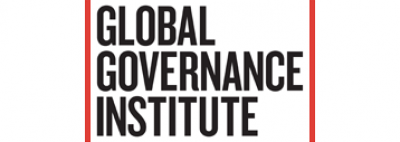Basic Income, Labour Automation and Migration - An Approach from a Republican Perspective
20 March 2018
This Working Paper examines the relationship between labour automation, basic income and migration, drawing on the republican concept of 'freedom as non-domination'.

By Yannick Fischer (MSc Global Governance and Ethics)
This Working Paper examines the relationship between labour automation, basic income (BI) and migration. It argues that labour automation is likely to increase economic insecurities around the globe, putting millions of jobs at risk. Using the republican concept of 'freedom as non-domination', the paper demonstrates that the introduction of BI is an appropriate way to respond to labour automation and prevent domination on the national level.
However, not all states will be in a position to respond by introducing BI. This will exacerbate migratory pressures on BI providing countries, enticing them to increase border restrictions. Thus, from a republican perspective, BI enhances freedom within a state but may result in restrictions that establish new forms of domination over other (less wealthy) states and their citizens. Using the hypothetical example of Germany, this paper argues that BI introducing states have responsibilities beyond their borders. It concludes that global regulation is necessary to resolve the tensions arising from the interplay between labour automation, BI and migration.
To access the full Working Paper: Basic Income, Labour Automation and Migration - An Approach from a Republican Perspective (PDF)
 Close
Close


